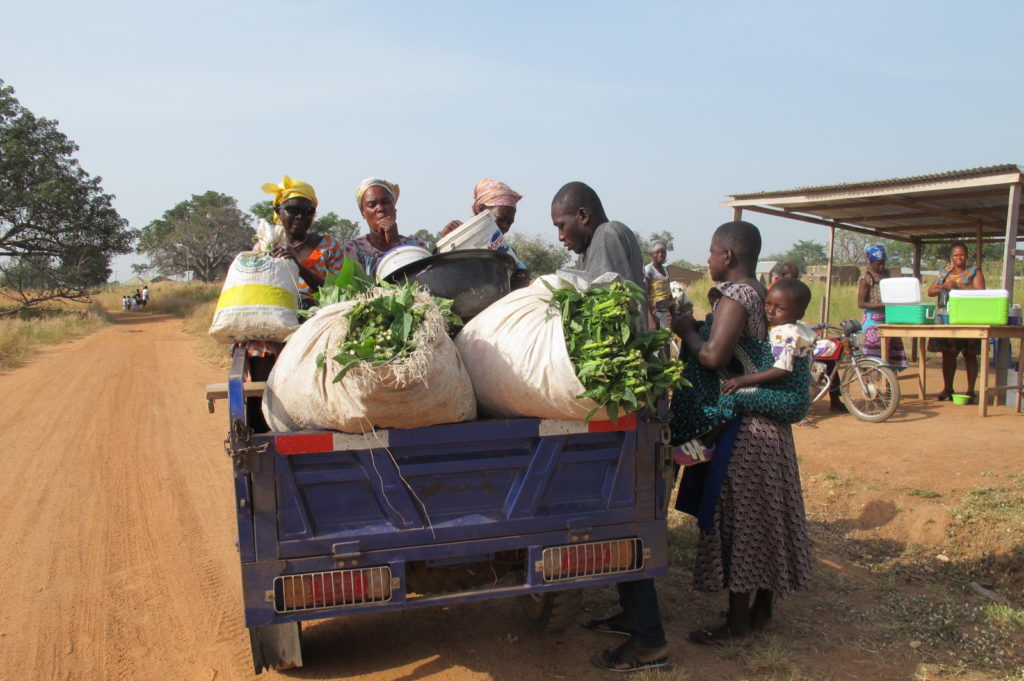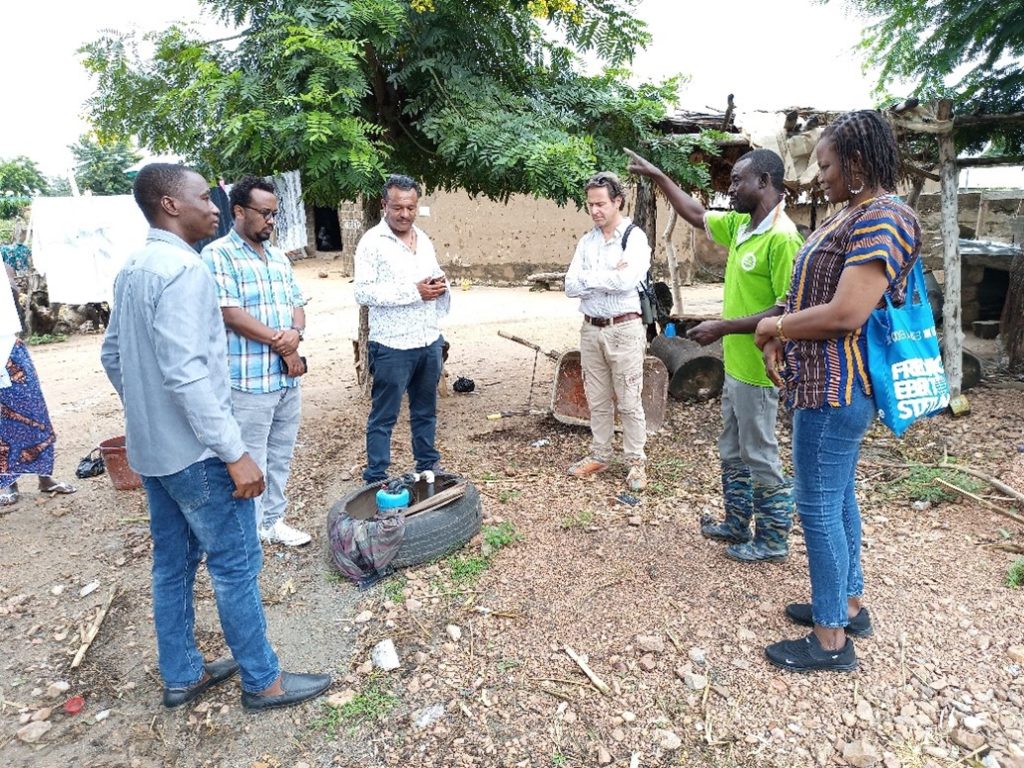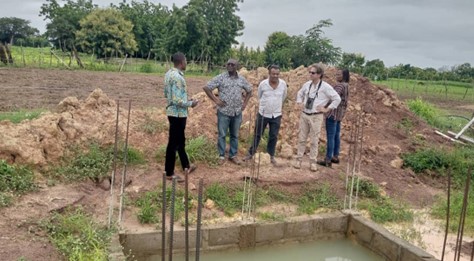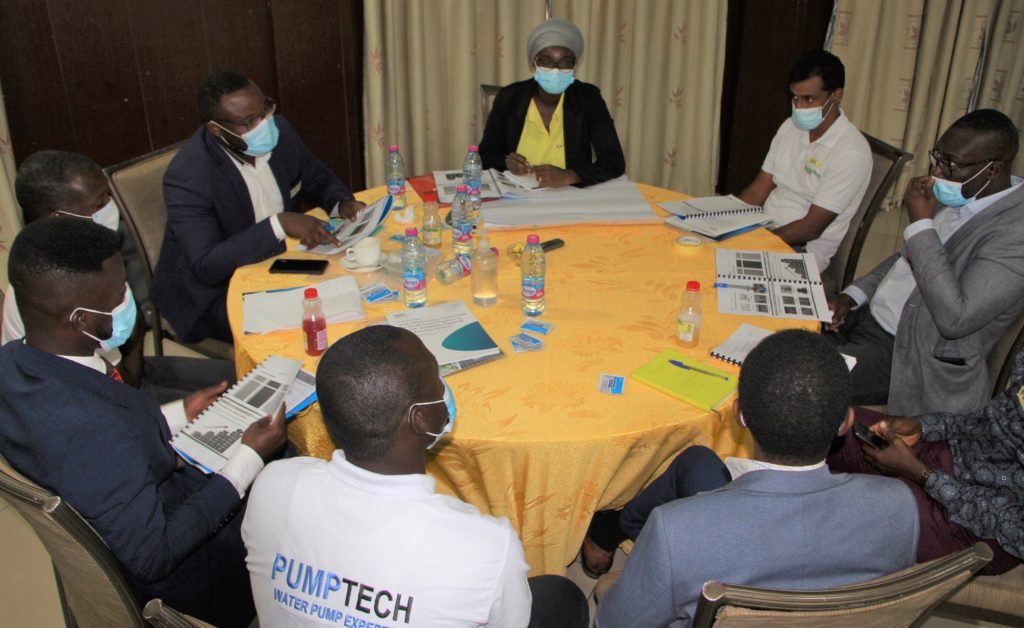November-December 2022
Will smallholder farmers invest in solar pumps to expand irrigated farming in Ghana? Studies point to the potential for solar irrigation in Ghana to enable farmers to adapt to climate change and to increase farmer incomes through various business models. But as farmers increasingly shift to self-supply in irrigation, the market is under the spotlight. While the current market system is fragmented and laden with risks, USAID-supported projects are building the foundation for a resilient irrigation equipment market. This is particularly urgent, given the onset of weather changes and increasing demand for irrigated produce.
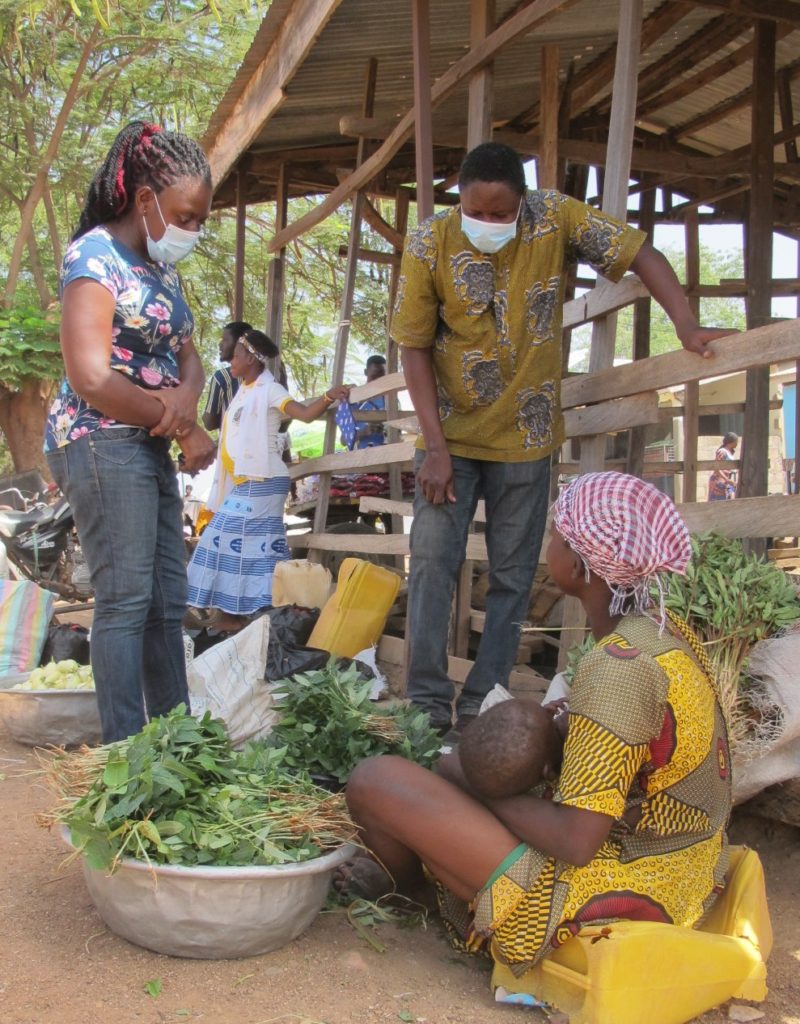

The response by farmers and private sector actors is encouraging. Over 530 people attended workshops on solar irrigation in Jirapa (Upper West) and Tamale (Northern), while another 609 people attended workshops in Nandom (Upper West), Nalerigu (Northeast) and Bole (Savannah). Participants are primarily farmers but include companies and entrepreneurs, government, research institutions and NGOs. The workshops – aimed at ‘strengthening the sale and service networks for solar irrigation market linkages’ – were organized by the International Water Management Institute (IWMI) and Pumptech Ghana in November 2022 and co-funded by the USAID-sponsored Feed the Future Innovation Lab for Small Scale Irrigation (ILSSI) and Africa Research in Sustainable Intensification for the Next Generation (AfricaRISING) projects.
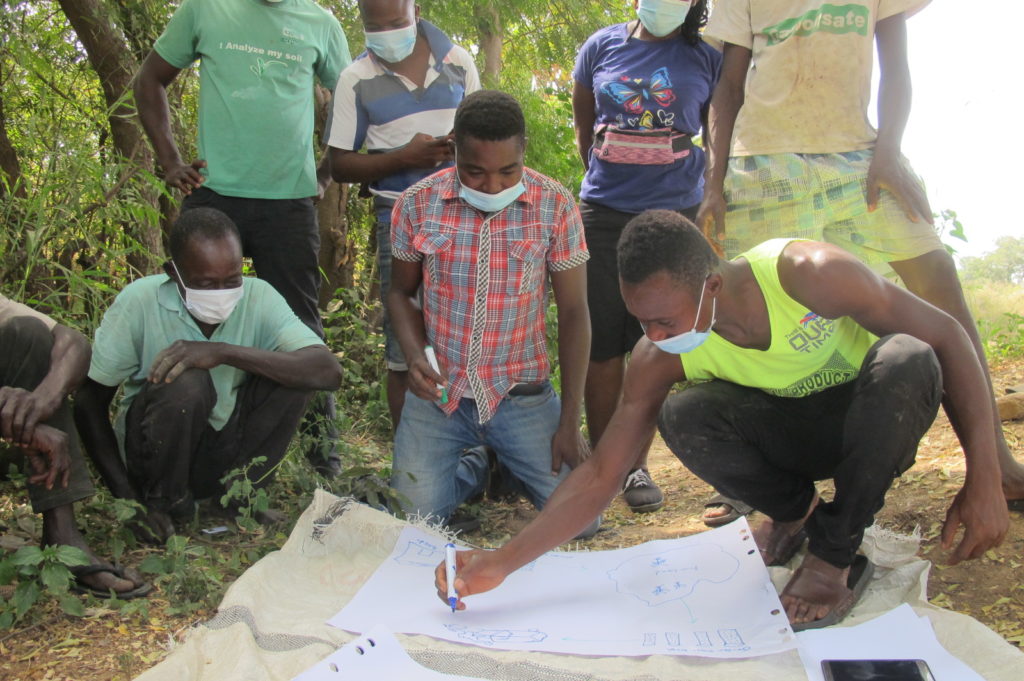
Under the projects, IWMI enables market-based scaling of solar-based irrigation bundles through local demand-supply linkage workshops that facilitate direct linkages across private, public and research sectors. Jointly, participants identify financial opportunities for farmers’ investment in solar irrigation technologies, products, and services, and establish networks and collaborations for business opportunities. Discussions also highlighted the need for local distribution centers in rural districts and targeted training of extension officers and private service agents on solar-powered pumps. Rural and community banks discussed approaches to improve access to financial services for farmers to acquire solar technologies on credit.
Demonstrations for solar-powered irrigation pumps (SPIPs) at each workshop and in communities across 9 locations in the Upper West, Northeast, Northern and Savannah Regions led 223 potential clients to explore purchasing solar pumps from Pumptech. With more such activities to build robust sales and service networks, especially for solar irrigation, farmers can begin to look at the sun in a whole new light.
